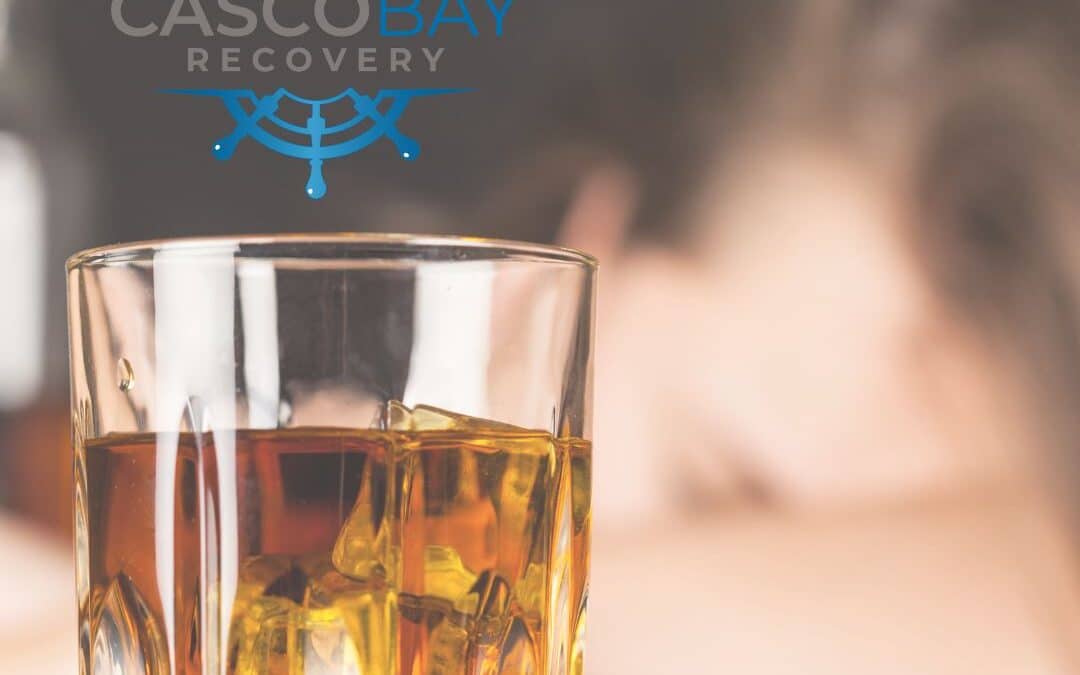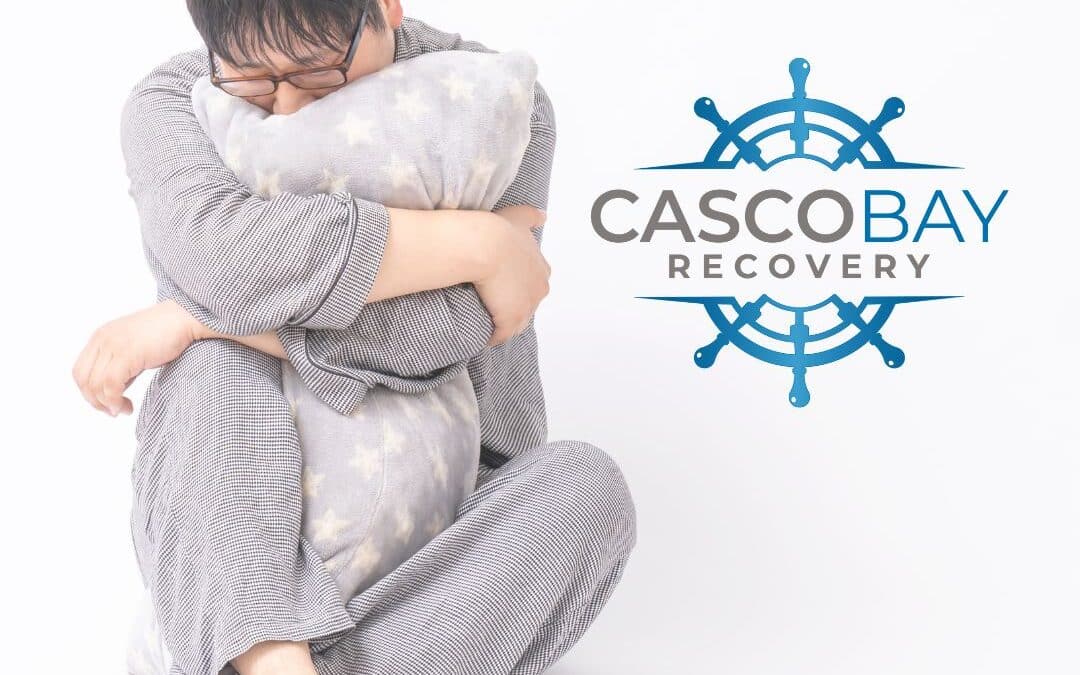Maintaining Sobriety and Mental Well-being in Challenging Times
Winter is a tough season for many, but for individuals in recovery, it can present additional obstacles. The cold weather, holiday stress, and feelings of isolation can all add new triggers and challenges. However, with the right strategies and support, it is possible to stay sober and maintain your mental well-being during the winter months. Here are some practical tips and advice to help you navigate this challenging season while staying true to your recovery journey.
The Challanges
- Seasonal Affective Disorder (SAD): Many people experience symptoms of SAD during the winter months, which can include depression, fatigue, and changes in appetite. These symptoms may increase the risk of turning to substances as a way to cope with negative feelings.
- Holiday Stress: The holiday season often brings increased stress due to family obligations, financial pressure, and social events. For individuals in recovery, these stressors can trigger cravings and make it harder to resist the temptation to use substances.
- Social Pressure: Winter is a time when people tend to gather indoors for holiday parties, celebrations, and other social events. These gatherings often involve alcohol and other substances, making it difficult for individuals in recovery to avoid triggers and maintain sobriety.
- Isolation: Colder weather and shorter days can lead to feelings of isolation and loneliness, which can exacerbate cravings and make it harder to stay motivated in recovery. Without a strong support system in place, individuals may be more susceptible to relapse.
- Lack of Routine: Winter weather can disrupt daily routines and make it harder to engage in healthy activities such as exercise and outdoor recreation. Without structure and purpose, individuals may be more vulnerable to boredom and negative thoughts, which can increase the risk of relapse.
Overall, the combination of these seasonal factors can make it particularly hard for individuals to stay sober during the winter. However, with the right support, coping strategies, and self-care practices, it is possible to navigate these challenges and maintain sobriety throughout the year.
- Prioritize Self-Care:Taking care of yourself is essential, especially during the winter season. Make self-care a priority by focusing on your physical and emotional well-being. Make sure you are getting enough sleep, eating nutritious meals, and staying hydrated. Engage in activities that bring you joy and relaxation, such as exercise, meditation, or creative hobbies. By nurturing your body and mind, you can build resilience and enhance your overall well-being.
- Build a Supportive Network: Surrounding yourself with a supportive and understanding network is crucial for maintaining sobriety during winter. Reach out to your sober support system, including sponsors, mentors, or friends in recovery. Communicate your needs and challenges openly to your loved ones, and ask for their support during this time. Attending virtual support group meetings regularly such as the ones we offer here at Casco Bay can also provide a platform for connection, empathy, and shared experiences.
- Healthy Coping Mechanisms: It is essential to develop healthy coping mechanisms to navigate these obstacles effectively. Engage in winter-friendly activities that promote your well-being, such as going for walks in nature (bundle up!), practicing mindfulness or meditation, or exploring creative outlets. At Casco Bay, we offer holistic therapy options that can help you learn stress-reducing techniques like yoga, meditation and herbal remedies.
- Plan for Triggers: Identifying potential triggers associated with winter is key to maintaining sobriety. Be mindful of social settings that may involve alcohol or drugs and have a plan in place to navigate these situations. Consider alternative activities or events that are sober-friendly and align with your recovery goals. If unexpected triggers or cravings arise, have a plan of action ready, such as calling a supportive friend, practicing grounding techniques, or engaging in an activity that distracts and refocuses your mind.
- Stay Connected: The winter season can bring feelings of isolation and loneliness. Staying connected and fostering social connections is part of your recovery journey. While in-person gatherings may be limited, there are still ways to stay connected virtually or through outdoor activities with proper safety measures. Attend virtual recovery meetings, join online recovery forums or communities, and reach out to supportive friends or family members regularly. Engaging with others who understand your journey can provide a sense of belonging and support, even from a distance.
- Set Realistic Goals and Maintain Routine: Maintaining a routine is essential for stability and consistency in your recovery journey. Set achievable goals for yourself during the winter months and establish a daily routine. It can be something simple that includes self-care activities, regular exercise, and meaningful pursuits. Having a sense of structure and purpose can keep you focused on your recovery goals and help you stay on track, even when faced with hurdles.
Staying sober and maintaining mental well-being in winter might seem daunting, but it’s achievable with the right approach and support. By prioritizing self-care, fostering a supportive network, and developing healthy coping strategies, you can navigate the challenges of the season and stay committed to your recovery journey. It’s important to plan for triggers, stay connected, and maintain a routine to stay on track. Remember to practice self-compassion and reach out for help if needed. You possess the strength and resilience to overcome any obstacles. Embrace the season with determination and continue thriving in your sobriety journey. For additional support and resources reach out to us at Casco Bay Recovery to learn more about our treatment and therapy options.








